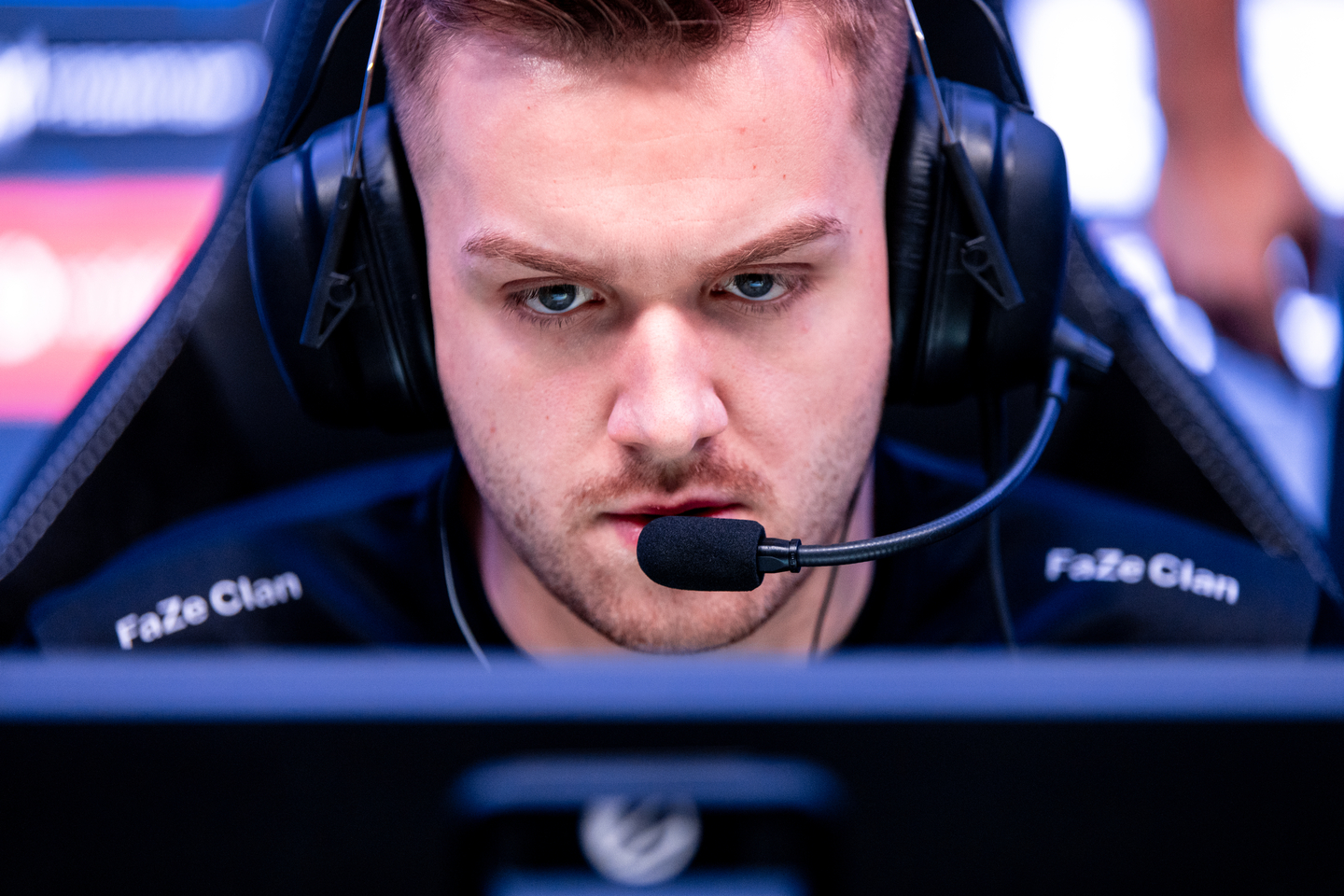In the early days, gaming was all about the single player. The gamer tackled the challenges of the developer – whether it was solving a complex puzzle or defeating the hordes of hell in first person shooters.
But the rise of the internet, enhanced connectivity, and mobile technology has revolutionized, and socialized, the way we play. Whether casually or professionally, it’s no longer just about what you play, but who you play with.
Naturally, this shift led to a surge in new gamers, and over recent decades, the industry has continued to grow and evolve at pace. In 2020, this growth was catalyzed once again, as countries around the world went into lockdown due to the COVID-19 pandemic, with millions of people turning to gaming as a safe and fun way to socialize. Through games, people are building and nurturing social networks, as well as finding comfort, joy and creativity.
In 2020, there were as many as 2.7 billion gamers worldwide. According to Statista, we can expect this figure to rise to over 3 billion by 2023. With the widespread accessibility of mobile technology today, many of these new gamers are opting for mobile games. In fact, globally, 2.4 billion people now play mobile games.
That’s almost one-third of the world’s population – and this number is still growing.
An integral part of society - both today and tomorrow
With such a significant – and growing – reach, gaming is becoming a platform for influence across society. Gaming has already changed the way that many other forms of media, from music to film, are produced and consumed, as well as the way people socialize and bond with each other.
From pop stars such as Stormzy to politicians such as Alexandra Ocasio-Cortez, leading figures around the world are beginning to recognize the incredible power and influence of gaming, and are joining the in-game conversation.
Crucially, they recognize that it’s not just about reaching kids. In fact, the average age of gamers today is around 35. The first generation of gamers – raised in the 1970s, 1980s, and 1990s surrounded by now legendary gaming consoles such as the SNES and Sega Mega Drive – are today’s parents, who continue to enjoy the benefits of gaming while playing socially with their children, encouraging the next generation of gamers.
As the role of gaming in society evolves, not only does it offer new opportunities for education, but the mental health benefits of games are also being widely acknowledged – both by gamers themselves as well as in academic literature. Gone are the outdated stereotypes of ‘harmful’ or ‘damaging’ video games – today’s reality presents a very different, and much brighter, picture.
The gaming community continues to grow and evolve, and so too does its power, potential, and influence. For innovators, entrepreneurs, and leaders across the gaming industry, that’s a truly exciting prospect

The best is yet to come
Gaming is clearly becoming increasingly interwoven with every aspect of society, from education to pop culture. The Metaverse – a digital place for seamless social interaction – is rising, and the digital economy booming alongside it.
For gaming, the opportunities this brings are endless. The global gaming market is expected to reach a value of USD 256.97 billion by 2025. Notably, around 45 percent of this market comes from mobile games – an area which still has huge untapped potential.
At MTG, we’re committed to being the home of gaming as it enters this next chapter. Our newly formed gaming holding company – GamingCo – marks the beginning of a new journey and uniquely positions us to capitalize on industry developments through both organic and acquisitive growth.
GamingCo’s first move? Acquiring mobile-first developer and publisher Hutch. It’s next move? You’ll have to wait and see, but we can tell you this: we’re only just getting started.


